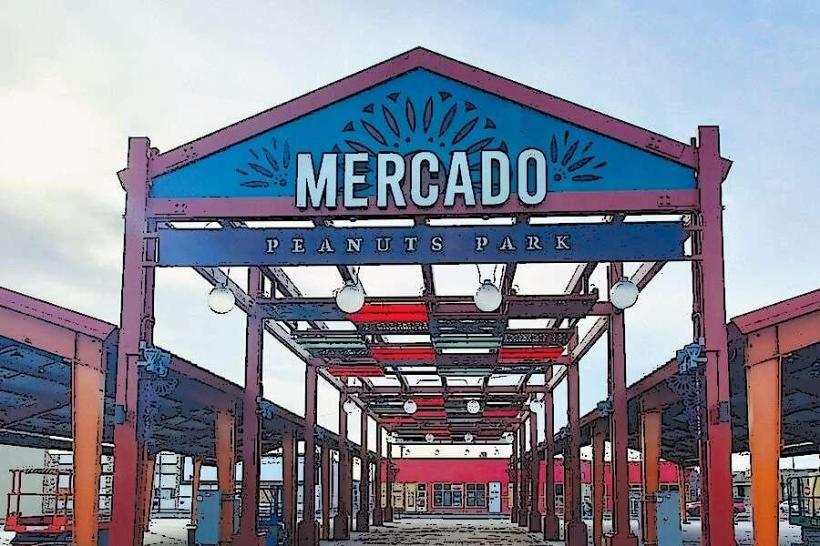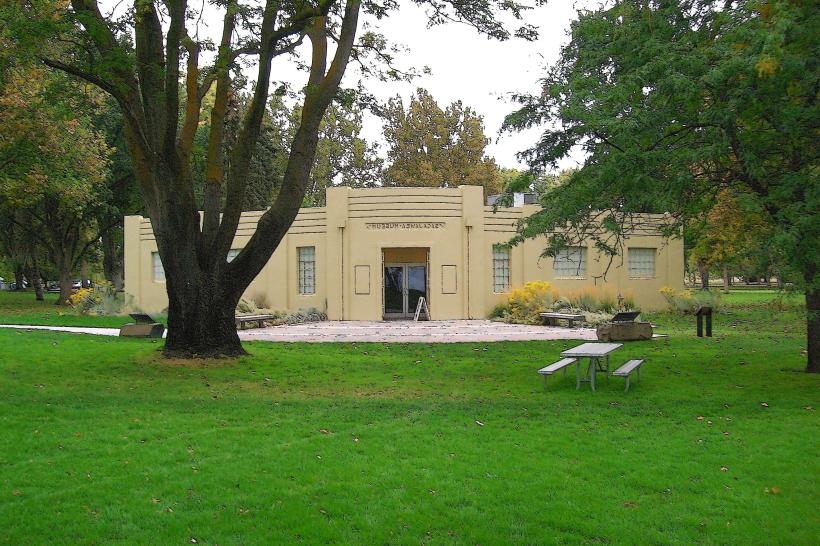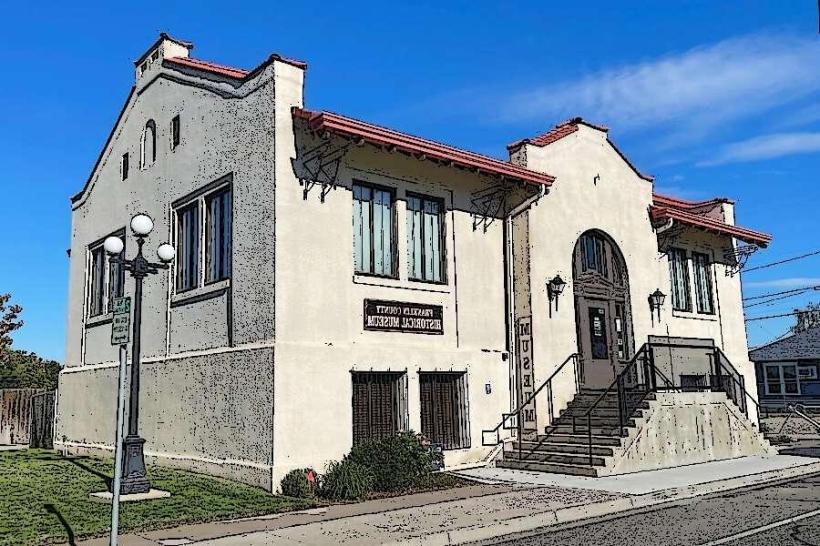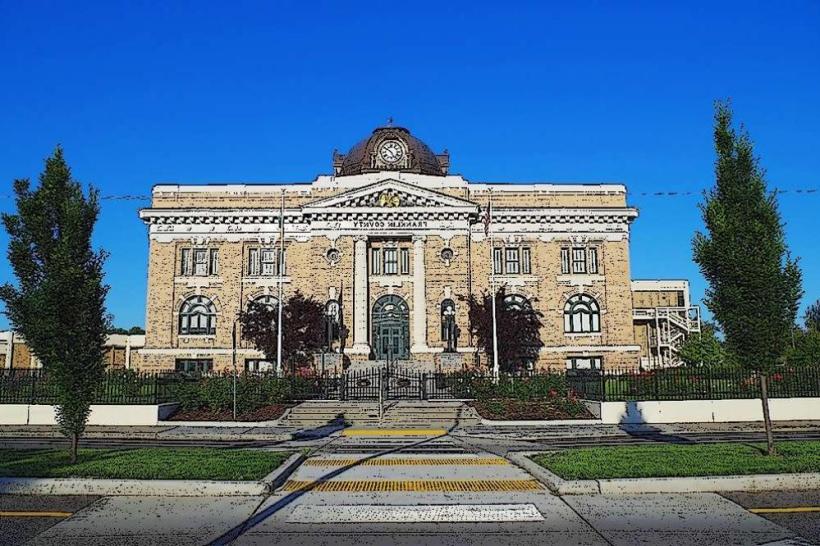Information
City: PascoCountry: USA Washington
Continent: North America
Pasco, USA Washington, North America
Pasco is one of the Tri-Cities in Southeastern Washington, located on the northern bank of the Columbia River and the mouth of the Snake River. It serves as the primary transportation, agricultural, and industrial hub for the region.
Historical Timeline
Inhabited by the Sahaptin-speaking peoples for millennia. Primary governance eras include its 1880s establishment as a major railroad town for the Northern Pacific Railway. A critical historical event was the 1940s Manhattan Project at the nearby Hanford Site, which led to the construction of the Pasco Holding and Reconsignment Point, dramatically increasing the city's logistical importance. The late 20th century was defined by the expansion of the Columbia Basin Project, turning the desert into a global leader in potato and onion production. The 21st century is characterized by rapid residential growth and its emergence as a major hub for food processing.
Demographics & Population
The population is approximately 81,000. The demographics are Hispanic or Latino (56%), White (34%), Black or African American (2%), and Asian (2%). It is the most ethnically diverse of the Tri-Cities and has a significantly younger median age (29.2 years) than the state average.
Urban Layout & Key Districts
The city is organized along the Columbia River and the US-395 corridor.
Downtown Pasco: A cultural and commercial core featuring the Pasco Farmers Market and a high density of authentic Mexican restaurants and bakeries.
West Pasco: The city's primary growth area, characterized by modern residential developments, the Broadmoor commercial zone, and the TRAC Center.
Riverview: An established residential district providing direct access to the Sacagawea Heritage Trail and river views.
Industrial Way: The city's eastern logistical hub, dominated by food processing plants and rail yards.
Top City Landmarks
Sacajawea State Park: Located at the confluence of the Snake and Columbia Rivers, marking the 1805 campsite of the Lewis and Clark Expedition.
TRAC Center (Trade, Recreation, and Agricultural Center): A massive multi-purpose venue hosting regional events, sports, and trade shows.
Gesa Stadium: Home of the Tri-City Dust Devils, a High-A affiliate of the Los Angeles Angels.
Pasco Farmers Market: One of the most significant open-air markets in the region, focusing on Columbia Basin produce.
Franklin County Historical Museum: Housed in a historic 1910 Carnegie Library, detailing the history of the railroad and regional agriculture.
Transportation Network
Pasco is the regional transportation center. It is served by Tri-Cities Airport (PSC), the largest commercial airport in the region. Amtrak (Empire Builder) stops at the Pasco Intermodal Station. The city is bisected by I-182 and US-395. Public transit is provided by Ben Franklin Transit (BFT). Ride-sharing is universal. Traffic density is moderate, though the Blue Bridge (US-395) and Pioneer Memorial Bridge experience significant congestion during peak hours.
Safety & "Red Zones"
The general safety level is moderate. Property crime is consistent with regional averages. Caution is advised at night in parts of the East Pasco residential areas near the rail yards. The West Pasco developments and the Downtown commercial core during daylight hours are very safe. Common scams involve fraudulent agricultural labor and seasonal housing postings.
Digital & Financial Infrastructure
Internet speeds average 400 Mbps with fiber availability via Ziply Fiber and Spectrum. Main mobile carriers are Verizon, T-Mobile, and AT&T. Card acceptance is universal in West Pasco; some smaller authentic markets downtown prefer cash. ATMs are concentrated in the Broadmoor and Downtown districts.
Climate & Air Quality
Temperatures range from -3°C to 5°C in winter and 16°C to 34°C in summer. Semi-arid climate with high sun exposure. Air quality is moderate, often affected by agricultural dust and seasonal wildfire smoke. Specific weather risks include high-velocity wind events across the flat Columbia Basin.
Culture & Social Norms
The standard tipping percentage is 18–25%. A handshake is the standard greeting. Dress codes are "Agricultural-Professional" or "Work-Casual." The city is culturally defined by its deep Hispanic heritage, its identity as a "Railroad Town," and its critical role in feeding the Pacific Northwest.
Accommodation Zones
West Pasco / I-182: Recommended for national hotel chains and proximity to the TRAC Center and airport.
Airport District: Recommended for business travelers and short-term transit stays.
Local Cost Index
1 Espresso: $4.25 (USD)
1 Standard Lunch: $14.00 (USD)
1 BFT Bus Fare: $1.50 (USD).
Nearby Day Trips
Ice Harbor Dam: (15 km east).
Palouse Falls State Park: (100 km northeast).
Walla Walla Wine Country: (80 km east).
Facts & Legends
Pasco was named by an engineer for the city of Cerro de Pasco in Peru. Historically, it was the site of the first airmail contract in the U.S. (Varney Air Lines, later United Airlines). A local legend involves the "Confluence Specter," a rumored figure seen at the meeting of the two rivers at night. Another legend concerns "The Lost Depot Vault," a rumor of a hidden safe buried beneath the original rail yards during a 19th-century fire.





